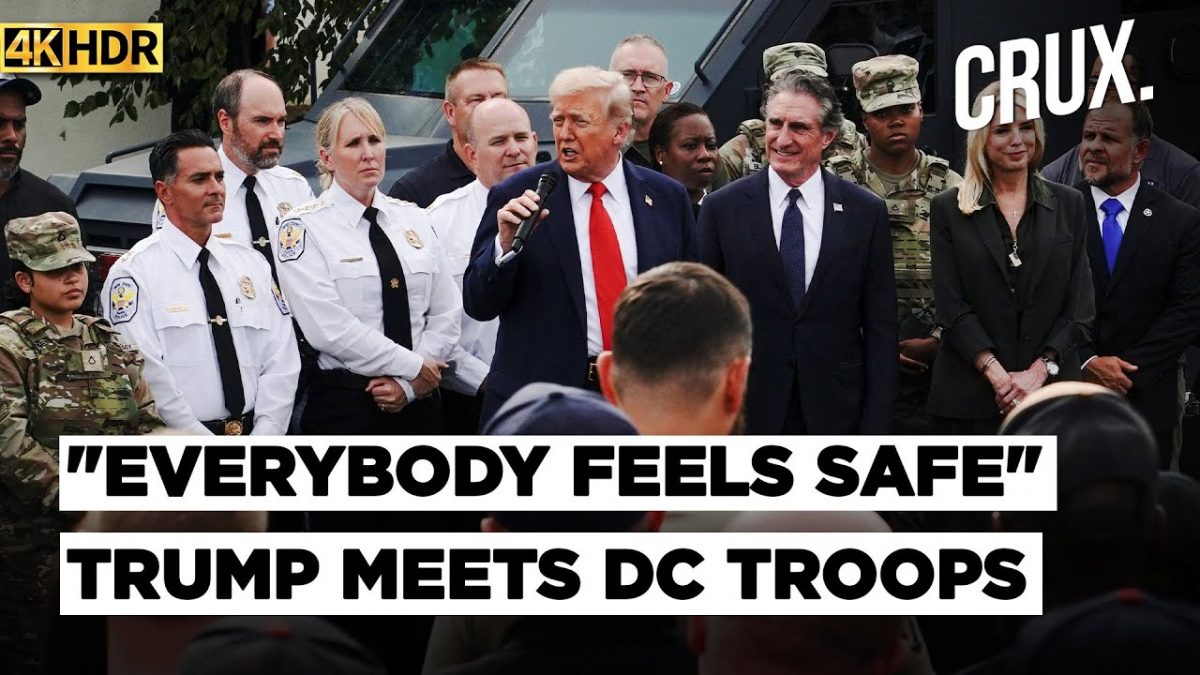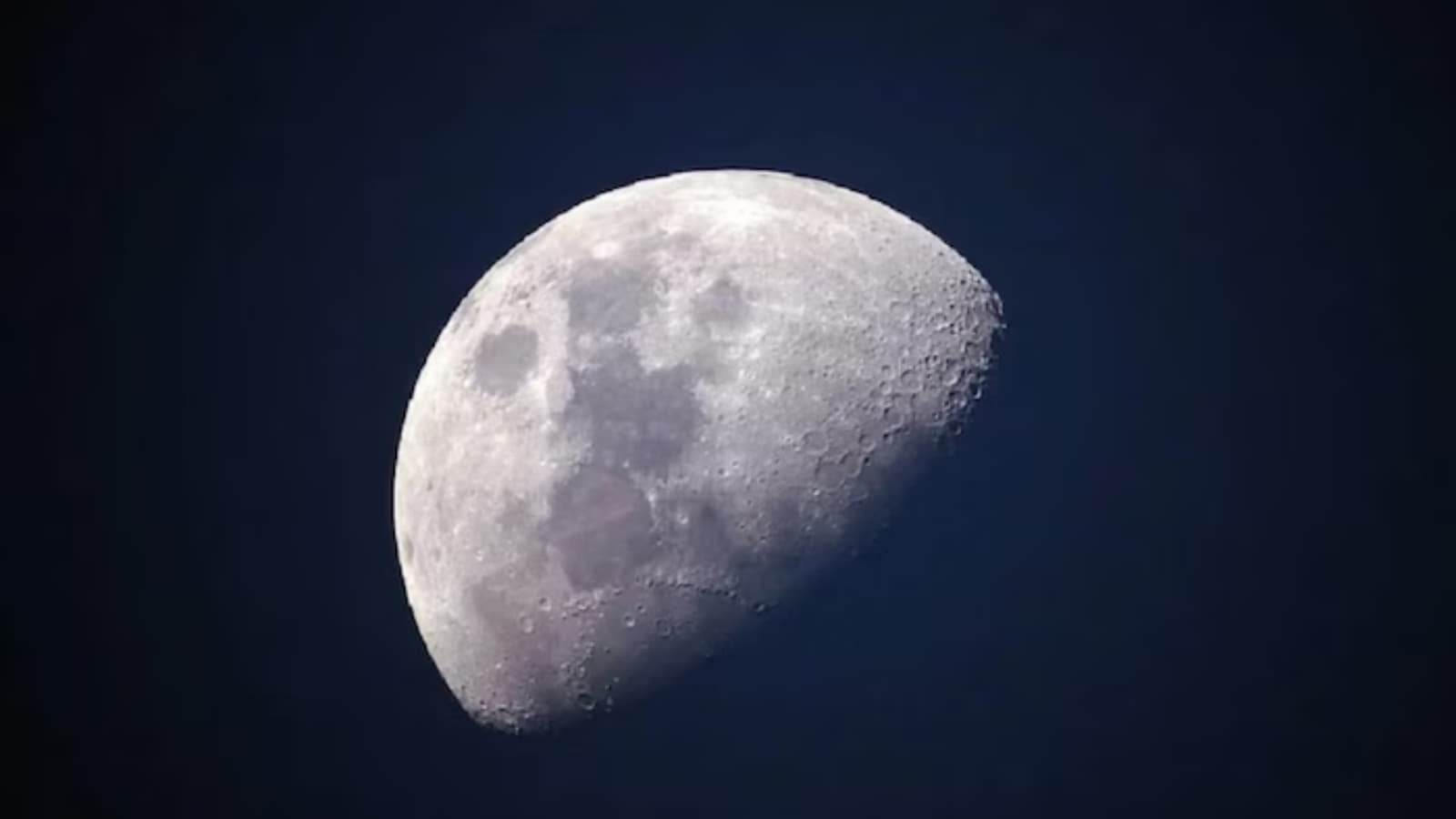ARTICLE AD BOX
The Chinese envoy to India goaded New Delhi to take on US President Trump, saying "silence only emboldens the bully". While China threatened the US with reciprocal tariffs, India has taken a more nuanced diplomatic approach. Trade figures reveal why India isn't China. However, India is acting, but silently, with the belief that patience pays.

Foreign Minister S Jaishankar with his Chinese counterpart Wang Yi in New Delhi earlier this week. (Image: PTI)
"Silence only emboldens the bully," said Xu Feihong, the Chinese ambassador to India, adding, "China will firmly stand with India". Though this was a display of support, it was also Beijing's way of goading New Delhi to speak against the tariffs imposed by the Trump White House against India. While India has rebutted charges levelled by the US, it hasn't fiercely taken on US President Donald Trump. China might be indicating towards a more vociferous protest. But will India really heed its advice?
Let's start with a fact. India and China aren't the same for the US. While DC has slapped India with a 50% tax and penalty for its energy trade with Russia, Trump imposed steep tariffs on China, only to "chicken out" later. American negotiators are likely skipping a visit to India for negotiations, hinting at an impasse. The US depends on China for some critical industries.
US President Donald Trump started the trade war with China as the target. But now, it seems, it is countries like India, not China, that are at the focal point of the US' punitive tariffs.
Consider this. India's trade surplus with the US was just $41.18 billion against China's $295.4 billion.
If the US has to worry about a trade surplus and tariffs, it is China, and not India, that has to be in its crosshairs.
Amid Trump's targeting of countries, several of them are seen to be coalescing. Coincidentally, there seems to be a thaw in India-China relations too. There has been a flurry of visits, including by Foreign Minister S Jaishankar to Beijing and his Chinese counterpart to Delhi. PM Narendra Modi is set to visit China later this month after a gap of 7 years.
Ambassador Xu's remarks on India's silence, voicing Beijing's expectations, come against this backdrop.
India, contrary to an aggressive China, has over the last few weeks tried to convey to the US how its import of Russian crude was encouraged by Washington. It has also tried to show the West its double standards in terms of Russian imports.
China, before Trump folded up in May, had threatened the US with an eye-for-an-eye approach.
After Trump's tariff threats, Beijing announced in April it would impose tariffs of up to 84% on US goods, a sharp increase from the previously declared 34%. That signalled a big escalation of the trade war, but the impasse ended soon.
Beijing spoke out even as it acted to hit the US where it hurt the most.
China, the world's largest soybean importer, is shifting its purchases from the US to Brazil, a fellow Brics nation facing 50% US tariffs.
This shift threatens US farmers, who rely on China for over half their soybean exports, with losses in billions.
The US relies on Beijing for a large share of active pharmaceutical ingredients (APIs) used in essential medicines such as antibiotics and cancer drugs. China also controls much of the global supply of battery materials as well as solar panels and green technology components. This gives Beijing critical leverage over Washington.
India is also acting, but it hasn't taken an aggressive stance against the US.
New Delhi's policy is about silently going about its work. It is trying to weather the Trump storm with the idea that ties with the US needed nurturing for over two decades. India's ties with the US are beyond Trump.
Former Pentagon official and South Asia analyst Michael Rubin noted that "India needs to understand Trump doesn't single-handedly control US policy. Congress, in rare bipartisan agreement, remains firmly pro-India."
Rubin, a senior fellow at the American Enterprise Institute, put it bluntly: "Donald Trump may pretend he's the fulcrum of negotiations, but only India's government and PM Modi should decide what's good for India."
India knows that.
India has, through its silent functioning, which has been the hallmark of its diplomacy, asserted its sovereignty and policy prerogatives.
India and Russia are boosting trade, which was the very reason why the US imposed punitive tariffs and penalties on New Delhi. White House Press Secretary Karoline Leavitt said Trump increased India's tariffs to 50% as part of sanctions designed to pressure Russia to end the Ukraine war.
Nonetheless, India and Russia agreed to boost trade ties on August 21 as Jaishankar and his Russian counterpart, Sergei Lavrov, met in Moscow.
This even as the second round of American tariffs is set to take effect on August 27.
New Delhi is unlikely to heed Beijing's advice to speak out loud against the US. It knows actions speak louder than any hoarse messaging. India is betting on patience, and it might pay.
"Calls for diplomacy have grown louder. The US and Indian governments need to talk to each other in private and resolve their differences," Atul Keshap, president of the US-India Business Council, told Newsweek.
India has done the balancing act well in the geopolitical arena. It has been a member of Brics with Russia and China even while partnering the US in Quad. It won't go to antagonise the US or get into a shouting match, China might try all it wants to. For now, silent action is India's policy on Trump tariffs.
- Ends
Published By:
Anand Singh
Published On:
Aug 22, 2025
Tune In



.png)
.png)
.png)
















 5 hours ago
3
5 hours ago
3









 English (US) ·
English (US) ·